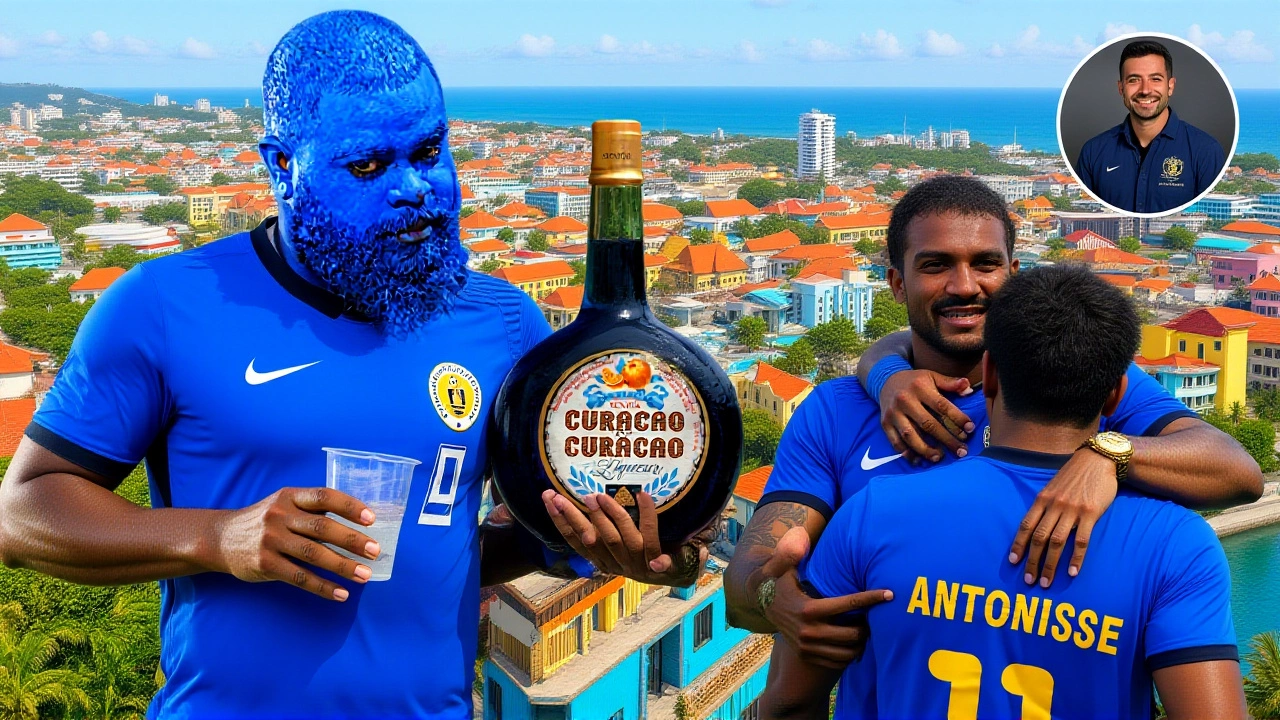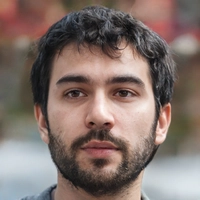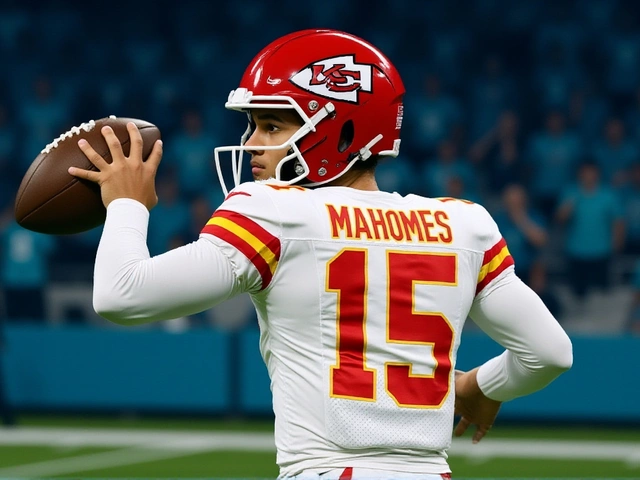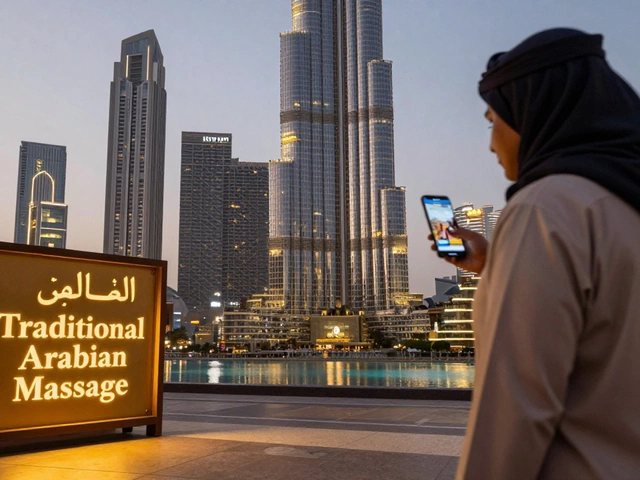On November 19, 2025, a quiet Caribbean island with fewer than 160,000 people did the impossible: Curacao qualified for the 2026 FIFA World CupMexico, United States, and Canada — becoming the smallest nation ever to reach football’s grandest stage. The news broke not with a press conference, but with raw, tearful celebration captured in a 67-second video by Agence France-Presse (AFP). No names were given. No stats were cited. Just voices cracking with pride, music blaring, and a single line that echoed across the globe: "We will show everyone that we are small, but we are big at heart." Here’s the thing: Curacao isn’t just small. It’s tiny. With a land area smaller than New York City and a population barely larger than a mid-sized American high school, it’s never even come close to qualifying before. Not in 1930. Not in 2014. Not in 2022. But now? They’re going to 2026 FIFA World Cup. And they’re not just showing up — they’re rewriting the rules.
The Match That Changed Everything
The victory came against Jamaica, a team with more international experience, bigger stadiums, and a roster that’s included Premier League players. But in the CONCACAF qualifying tournament — the brutal gauntlet that determines who from North America, Central America, and the Caribbean makes it to the World Cup — Curacao found a way. The exact score, date, and venue remain unconfirmed, but the emotional weight of the win was crystal clear in the AFP footage. One voice, possibly a player or local official, said: "I didn’t expect this because I thought Jamaica was a strong team, but we did it. Finally, we did it." The applause that followed wasn’t just for a win. It was for decades of being overlooked.A Nation That Never Had a Seat at the Table
Curacao, a constituent country within the Kingdom of the Netherlands, has long been football’s forgotten child. While the Netherlands has won European Championships and produced global stars like Arjen Robben and Virgil van Dijk, Curacao’s national team has spent decades in the shadows — often dismissed as a footnote in qualifiers. Their best previous finish? A group-stage exit in the 2019 CONCACAF Gold Cup. But this time, something clicked. Maybe it was the grit of their players, many of whom play in lower European leagues or local Dutch amateur circuits. Maybe it was the unity of a community that knows what it means to be underestimated. The AFP report lists Curacao alongside debutants like Cape Verde, Jordan, and Uzbekistan — all nations that broke through in recent cycles. But none of them are smaller. Cape Verde has over half a million people. Jordan, nearly 11 million. Uzbekistan, 35 million. Curacao? Around 158,000. That’s fewer than the attendance at a single match at Camp Nou. And yet, they’re going to the World Cup.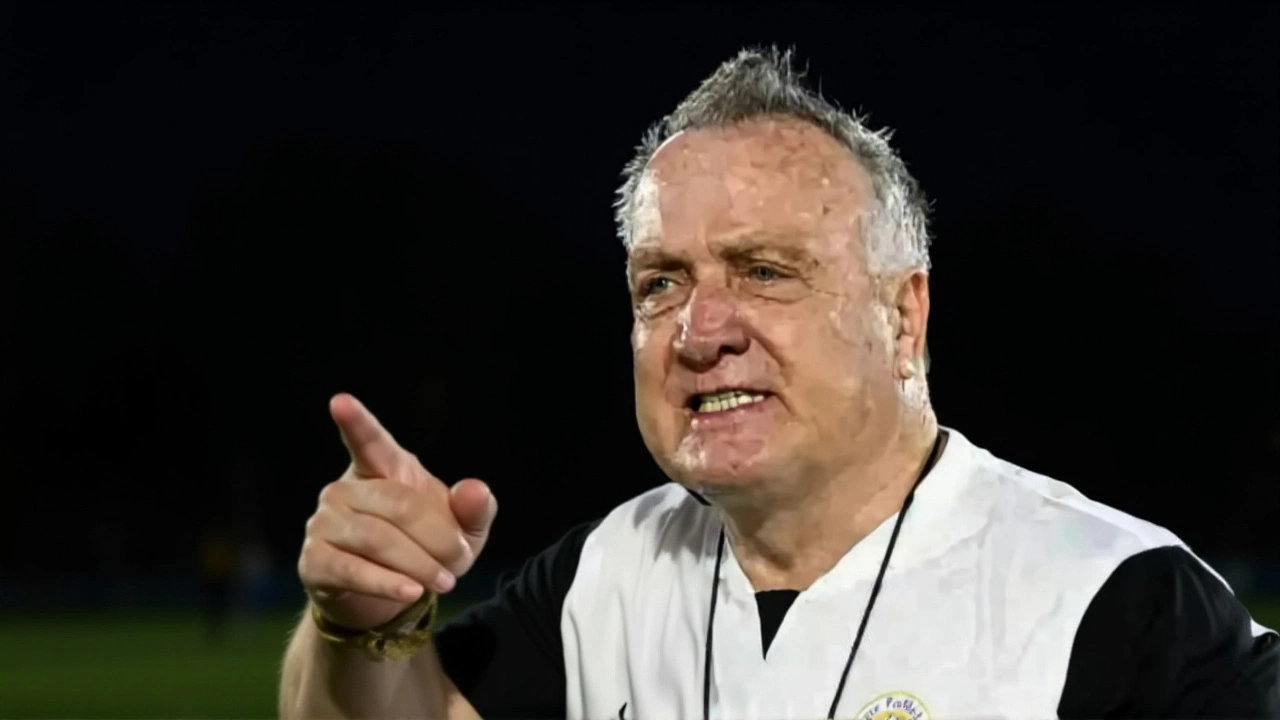
What This Means Beyond the Pitch
This isn’t just about football. It’s about identity. For decades, Curacao has struggled with visibility — caught between Dutch bureaucracy, Caribbean isolation, and economic dependency. The national team has been one of the few things that unites everyone on the island. When the final whistle blew, children danced in the streets of Willemstad. Shopkeepers hung flags from balconies. Elderly fans, who’d watched every qualifier since the 1980s, wept openly. "Small, but big at heart" isn’t just a slogan. It’s the story of every underdog nation that’s ever dared to dream. And now, Curacao has turned that dream into reality. No one expected them to win their group. No one gave them a chance against Jamaica. But they didn’t need the odds. They just needed belief.What’s Next for Curacao?
The 2026 FIFA World Cup kicks off in June 2026 across 16 cities in Mexico, the U.S., and Canada. Curacao’s group stage opponents aren’t yet known — but they’ll face giants. Still, this isn’t about winning. It’s about presence. FIFA has never had a team from a nation this small on its biggest stage. That alone changes the game. It tells every kid in a village with no proper pitch: You don’t need size to matter. The Curacao Football Federation hasn’t released a training schedule yet. No sponsorships have been announced. But the world is watching. And for the first time, Curacao isn’t just a footnote in a match report — they’re the headline.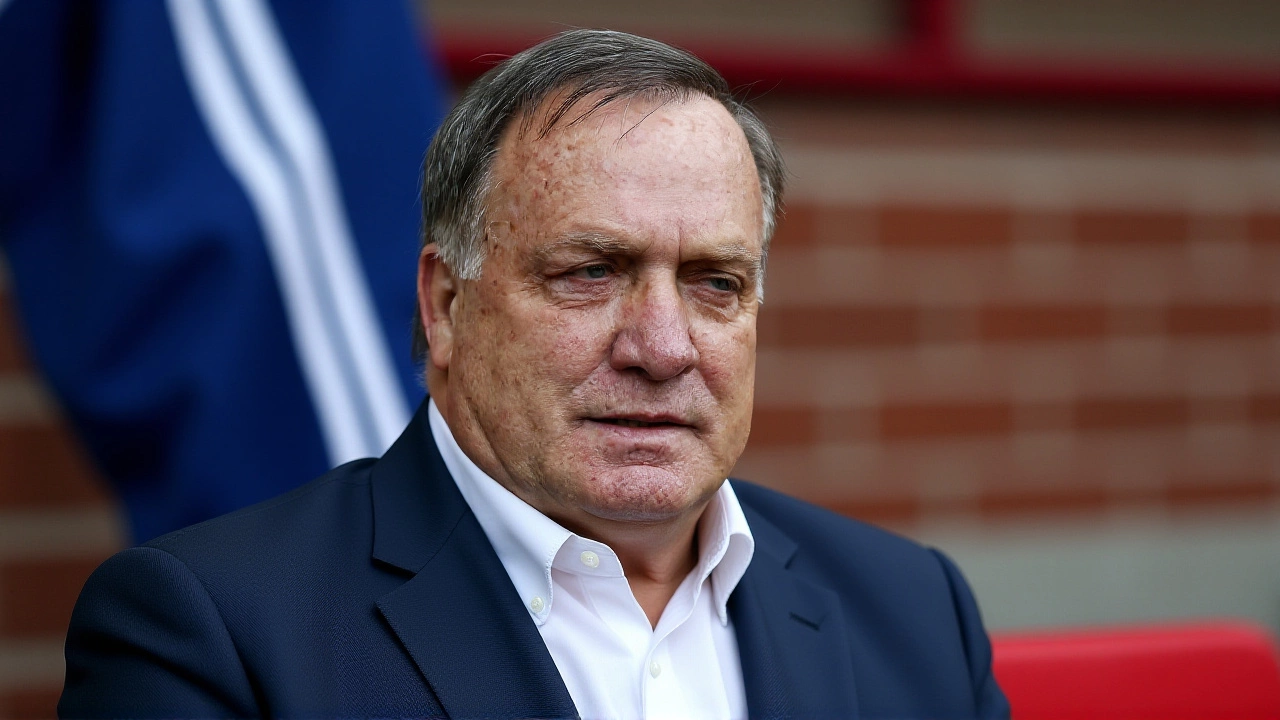
Why This Matters to the Rest of Us
In a world obsessed with data, budgets, and market value, Curacao’s qualification is a reminder that sport still has magic. It’s not about who spends the most. It’s about who believes the most. When Cape Verde qualified in 2012, it was a milestone. When Iceland made it to Euro 2016, the world paused. Now, Curacao joins that rare club — the nations that defied logic, geography, and expectation. This is the kind of story that makes you believe in sport again.Frequently Asked Questions
How is Curacao the smallest country to qualify for the World Cup?
Curacao has a population of approximately 158,000 and covers just 444 square kilometers — smaller than New York City. No other nation that has qualified for the World Cup has been this small. Previous debutants like Cape Verde (population ~550,000) and Iceland (population ~370,000) are significantly larger. Curacao’s achievement is unprecedented in FIFA history.
Has Curacao ever qualified for the World Cup before?
No. This is Curacao’s first-ever qualification for the FIFA World Cup finals. The nation has participated in CONCACAF qualifiers since the 1980s but never advanced past the early rounds. Their best result prior to 2026 was reaching the 2019 Gold Cup group stage.
Who are Curacao’s opponents in the 2026 World Cup?
The official group draw for the 2026 World Cup hasn’t taken place yet, scheduled for December 2025. Curacao will be placed in one of the 12 groups, likely facing established powers like Brazil, Spain, or the United States. Their path won’t be easy, but their presence alone is historic.
What role does the Kingdom of the Netherlands play in Curacao’s football?
While Curacao is a self-governing nation within the Kingdom of the Netherlands, its football federation operates independently from the Royal Dutch Football Association (KNVB). However, many Curacao players are developed in Dutch youth academies and play in Dutch lower leagues, giving them access to high-level training and exposure.
Why didn’t we hear about this earlier?
CONCACAF qualifiers are often overlooked by global media unless a major team is involved. Curacao’s win over Jamaica was a surprise even in regional circles. With no major sponsors, no star players, and no broadcast deals, the story only went viral after AFP’s emotional footage went public on November 19, 2025.
What’s the long-term impact of this qualification?
This could spark major investment in youth football on the island, attract international scouting interest, and elevate Curacao’s global profile. It may also pressure FIFA to reconsider how smaller nations are supported in qualifying structures. More importantly, it gives generations of Curacaoans a symbol of pride they’ve never had before.
